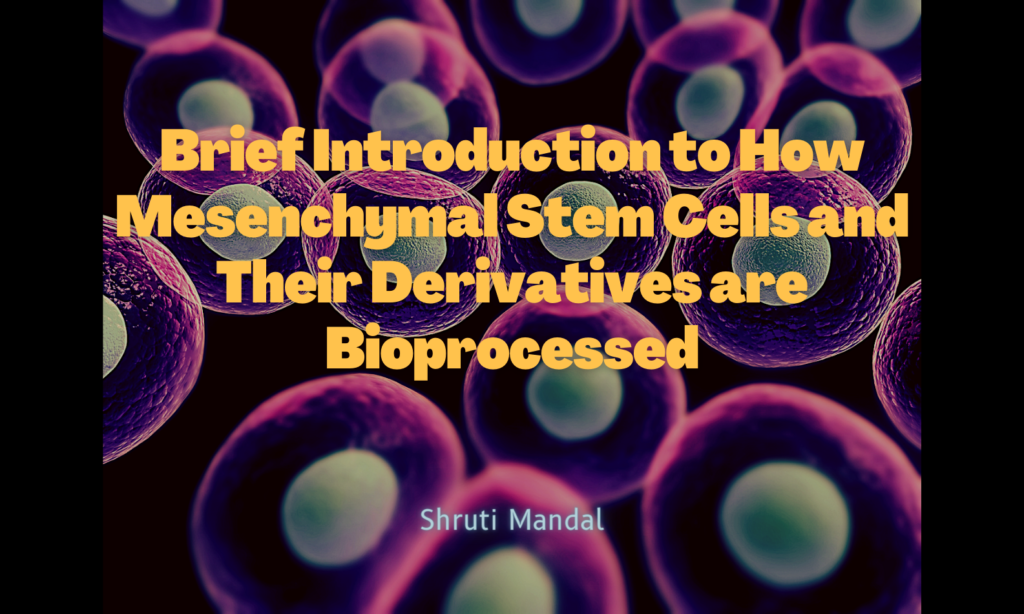
What are Mesenchymal Stem Cells (MSCs)?
MSCs are a unique type of cells that can differentiate themselves to become functionally specialized. They are primarily found in a growing organism and tissues where it is required to replace the dead or damaged cells.
Characteristics of isolated MSCs:
When MSC cell population is isolated in the laboratory, they must be:
- Plastic adherent (cells adhere and grow on the surface of the cell culture containers)
- Express certain determining cell surface antigens (like CD105, CD 73, CD 90 in a majority of the cells, and some rare ones like CD 45, CD 37, CD 14, CD 11b, CD 79 α, CD 19, HLA-DR)
- They must contain the property to differentiate into bone, cartilage fats in vitro.
Once isolated, these cells can be used in two different ways:
- Late implantation of MSC to repair tissues
- Implantation of MSC in disease mitigation through immunomodulation.
What is MSC Secretome?
Recently, scientists have discovered that the repair mechanism of MSCs lies in the biomolecules secreted by them. These secreted factors are called secretome, that is, a set of proteins expressed by the organism which gets secreted to extracellular space. These are signalling molecules regulating the growth and proliferation of cells, along with modifying the immune response to such actively proliferating cells.
For simpler understanding: MSC releases secretome – secretome contains extracellular vesicles, along with various other growth factors and proteins – EVs can be of three types: exosomes, microvesicles and apoptotic bodies.
Read More